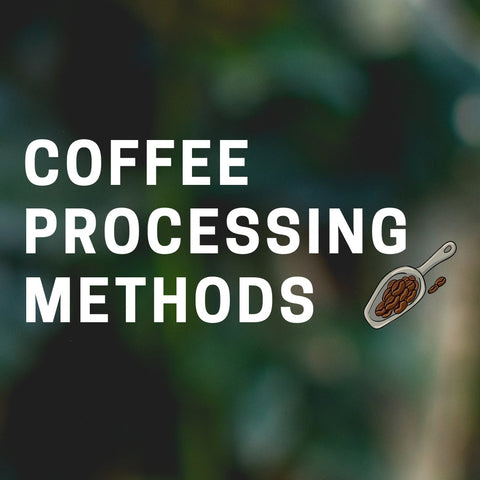
Have you ever heard the term “Specialty Coffee,” but never understood exactly what that meant? You may have heard the term online or at your local coffee shop recently, but what does it actually mean?
Specialty coffee refers to coffee beans that have been graded and scored by professionals (Q-Graders) to meet a certain standard for quality in coffee.
To be considered specialty-grade coffee, the beans must score at least 80 points on a 100 point scale (and be free from any primary defects). These standards are set by the Specialty Coffee Association (SCA), an organization dedicated to promoting specialty coffee.
What sets “specialty coffee” apart from other types of coffee? One key factor is the attention to detail that goes into every step of the process, from how the coffee is grown and processed at origin to then roasting and brewing the coffee at destination to its highest potential.
Specialty coffee is often sourced from small farms and co-ops around the world (like our family farms) where producers take great care in growing and harvesting their beans as a primary source of their livelihood.
Specialty coffee is generally roasted in small batches by roasters who take care to bring out and enhance the natural flavors characteristics and aromas of each coffee.
When it comes to brewing specialty coffee, the focus is on highlighting the nuances of the beans rather than masking them with added flavors or added-sweeteners. This is why you may find certain specialty coffee shops that will offer a variety of brewing methods, such as pour over, French press, siphon, and various espresso offerings, to allow customers to taste and experience the coffee in different ways.
Specialty coffee focused on quality, attention to detail, and bringing out the best in the bean. It's about appreciating unique, natural flavors and aromas in coffee that come from carefully sourced, roasted, and brewed beans, and experiencing coffee in a way that highlights the natural characteristics rather than masking them.


